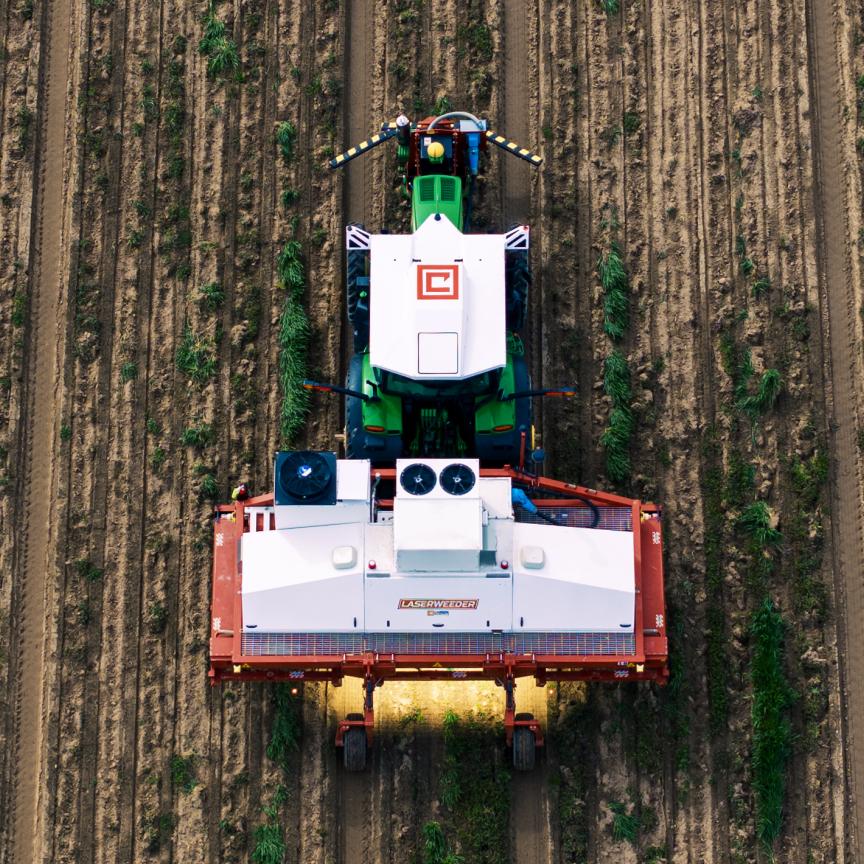Lidar developer Hesai Technology has partnered with Cratus, a software solution integrator for lidar systems, to develop autonomous warehouse solutions using Hesai’s 3D lidar, the QT128.
Cratus has selected the QT128 as the lead sensor in its new lidar perception package for automated guided vehicles (AGVs) and autonomous mobile robots (AMRs).
QT128 has a 360-degree horizontal field of view, eliminating AGVs’ blind spots completely, according to Cratus.
The lidar sensor has also obtained ISO 26262 ASIL B – Performance Level D Functional Safety Standard certified by TÜV Rheinland. Lidar certified by functional safety can detect potential risks in electronic systems, sending an alarm to the autonomous driving system and initiating protections.
Compared to 2D lidar, which typically has only one laser channel, QT128 has 128 laser channels. This provides additional safety redundancy and enables rich 3D perception data, according to Cratus.
The firm adds that with 128 laser channels, QT128 can withstand strong light interference from sources such as sunlight, which allows for various AGV applications, including outdoor operations and between-warehouse transfers.
“We are embarking on a revolution within the warehouse. These facilities are increasingly becoming more automated and efficient,” says Zeki Gunay, CEO of Cratus. “By utilising the QT128, with its recent safety rating certification, we are now able to release a host of new software products which will increase the capabilities and overall safety of these solutions within the material handling sector.”
Bob in den Bosch, Senior Vice President of Global Sales at Hesai, adds: “Hesai is eager to support Cratus in its development of safety-rated AGV and AMR applications. We are excited that Cratus has recognised the QT as a truly revolutionary product within this market. No other lidar sensor is able to deliver such accurate data to the perception stack and provide a performance level D safety rating that is required for this industry. We see Cratus as a very capable partner and first mover within the space.”
Hesai and Cratus will focus on developing a range of drivers, middleware, and end solutions centred around the QT128 lidar sensor. The partnership aims to unlock new opportunities for robotic applications in warehouses and increase the adoption of 3D lidar within the material handling sector.
Image: Hesai Technology’s QT128 lidar.

